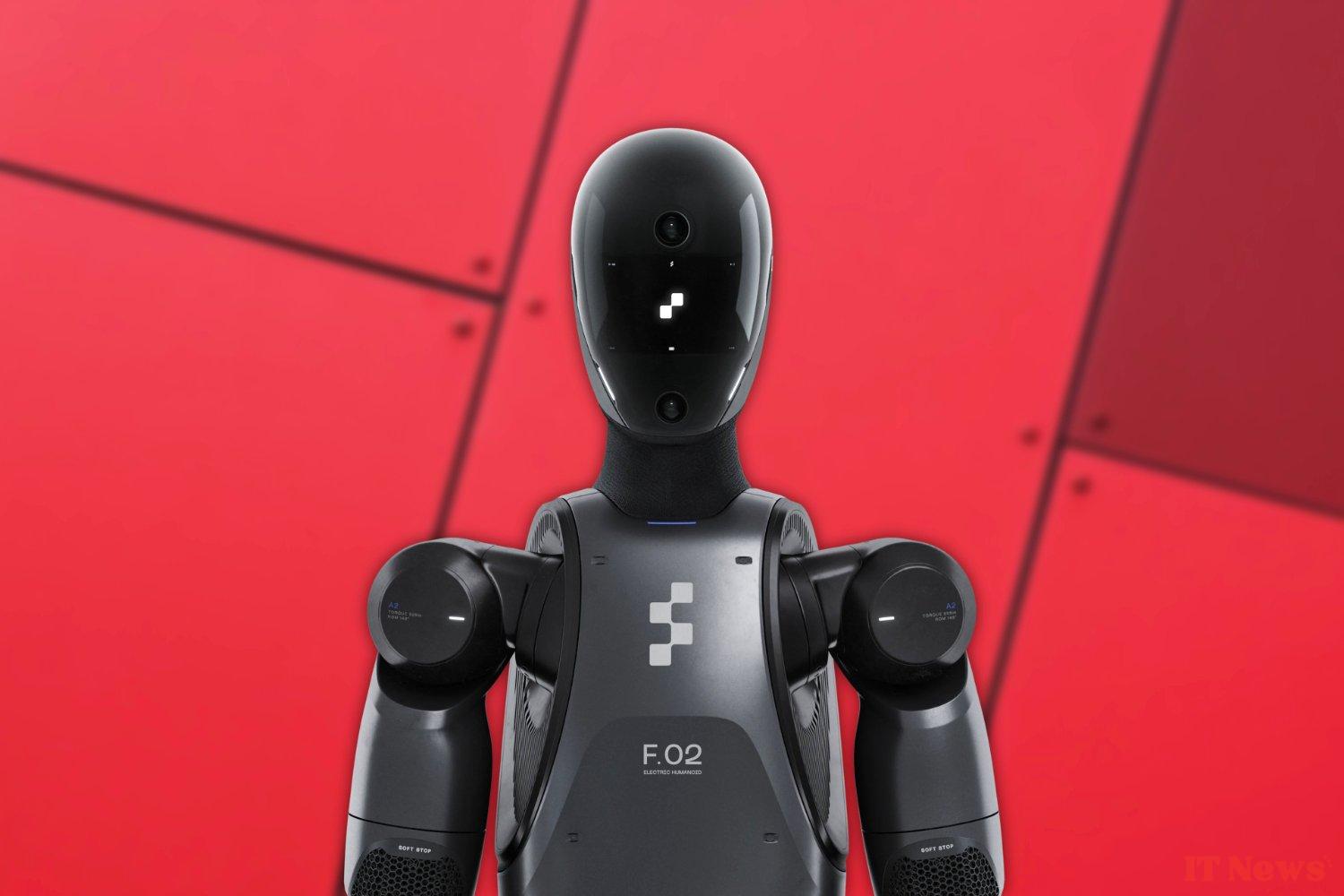At Computex in Taipei, Young Liu, president of Foxconn, stated that the integration of AI and robots into industrial production would disrupt the current balance of factory work. He believes that the simplest and lowest-paid tasks will soon be performed by machines, with significant consequences for countries dependent on this type of employment.
AI and robots at the heart of Foxconn's strategy
Foxconn, the Taiwanese electronics subcontracting giant and the largest iPhone manufacturer, has been testing the integration of artificial intelligence into its industrial processes for some time now. According to Young Liu, these tools can now automate around 80% of the work required to set up a production line. This is a considerable time saving compared to human capacity. He admits, however, that AI struggles to complete the job without human help.
The combination of AI and robotics, dubbed "bots and brains" by Liu, does not yet completely replace humans, but it significantly improves responsiveness in the event of a technical problem. This allows human experts to focus on the most difficult problems. A paradigm shift that raises an important question: what will become of the millions of low-skilled workers that this technology risks making obsolete?
A threat to some countries
The Foxconn chairman did not shy away from the social impact of this change. He particularly warns countries with low gross domestic product, which could see some of their less skilled manufacturing jobs disappear: "Generative AI and robotics will fill the void," he said. He stressed that this transformation will require increased vigilance from the governments of developed countries that bring in these workers, as it could upset the global economic balance.
In this context, Foxconn is developing its own AI model, inspired by Meta's Llama 3 and 4. Called "FoxBrain," this specialized model will be responsible for specific tasks on production lines. Liu announced his intention to make it open source, without specifying a timeline.
Foxconn still assembles the majority of iPhones in China, where labor remains competitive. But if automation can reduce reliance on this cheap labor, a partial relocation to more expensive regions could become possible. Nevertheless, even with robots, replicating China's ultra-efficient supply chain remains a challenge. But Foxconn seems convinced that automation can close this gap in the long term.
Source: 9to5Mac



0 Comments